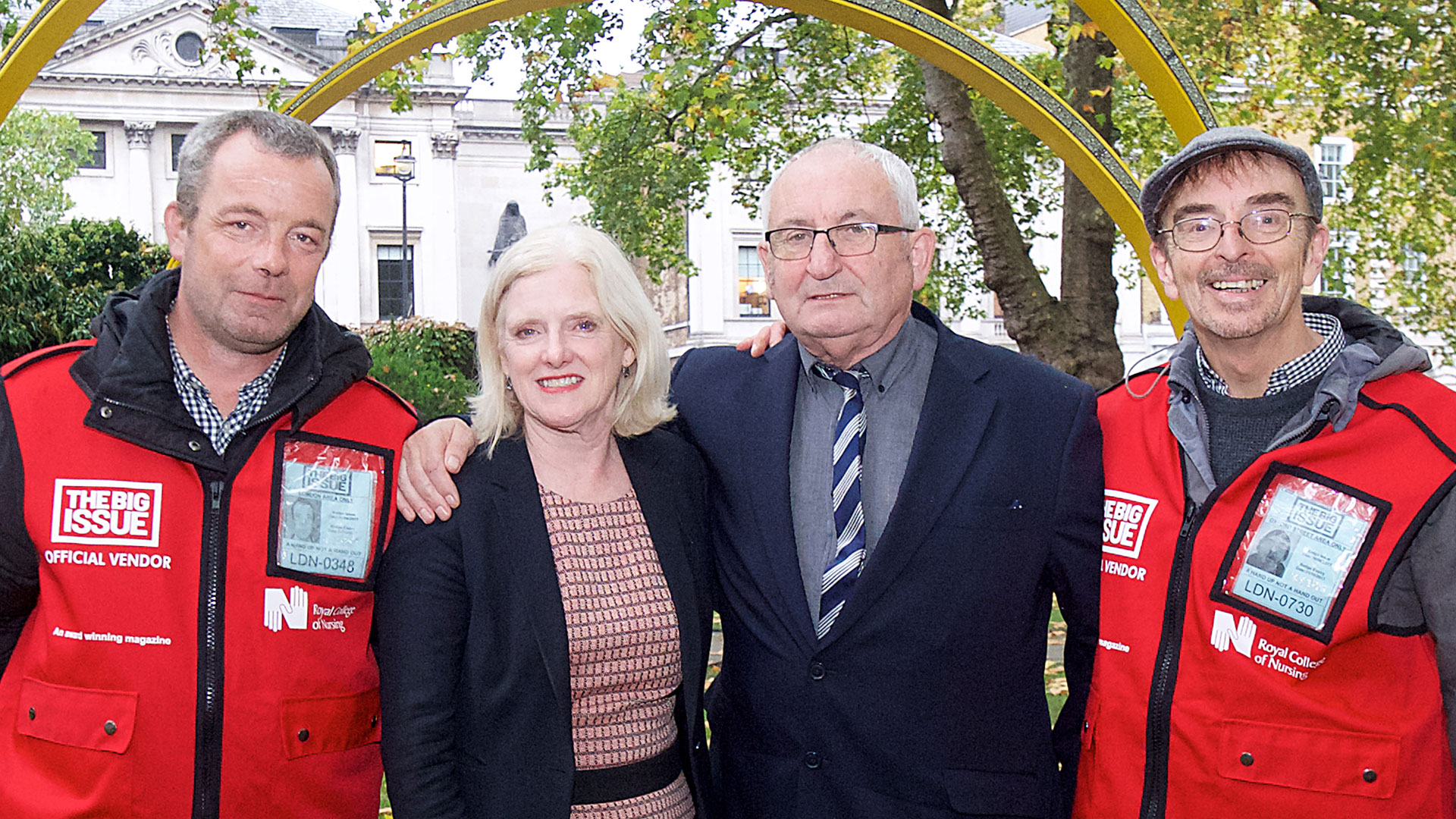This winter has been tough. With the worst flu outbreak in years and hospitals bursting at the seams, I’ve heard innumerable stories of staff doing their best for patients under the hardest circumstances in a generation.
If you, or a loved one, has experienced this first-hand, you will know something of the strain our health and social care services are under. The NHS is a grand edifice sure enough, but successive governments have been chipping away at it for decades. In too many areas of health and social care we’re relying on goodwill, dedication and unpaid overtime – far from solid foundations.
A cold winter is all it takes to bring parts of this edifice to the brink of collapse.
"We need more investment in nursing." @janetRCN spoke to @BBCNews this evening about figures showing one in 10 nurses are now leaving the NHS in England each year. https://t.co/XuR4mQpCvG#closethegappic.twitter.com/5uKSJRTHkv
— The RCN (@theRCN) January 17, 2018
Speak to almost any health professional, and they’ll describe the vicious cycle created by years of underfunding, cuts to services and lack of workforce planning. With insufficient access to community services, people get sicker until they are admitted to hospital. Accident and Emergency departments bear the brunt of this influx, especially as the weather gets colder, and struggle to find hospital beds as ambulances queue outside and patients lie on corridors.
But when patients are discharged, sometimes before they are ready, overstretched community services cannot provide the care plans and support they need. So, inevitably, they end up back at A&E.









